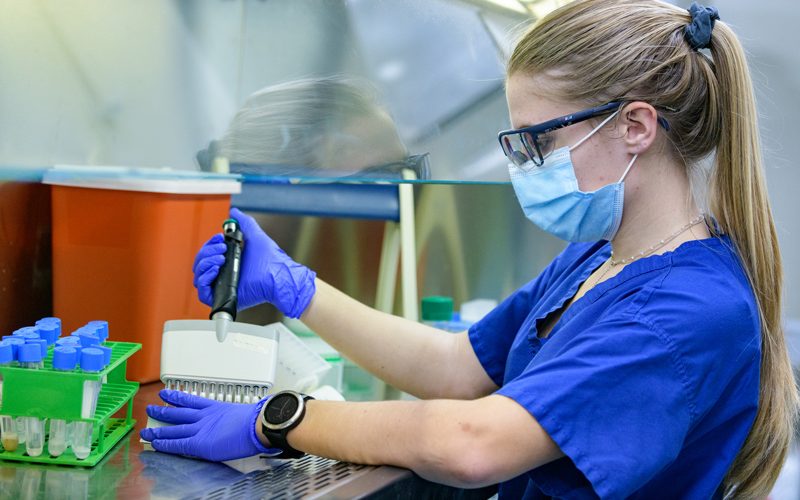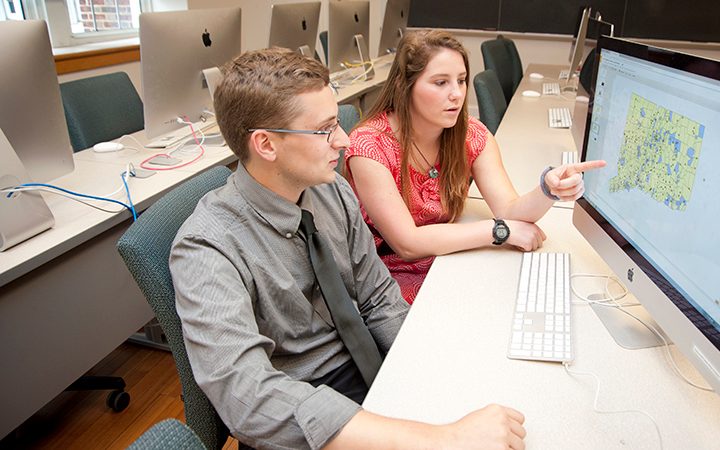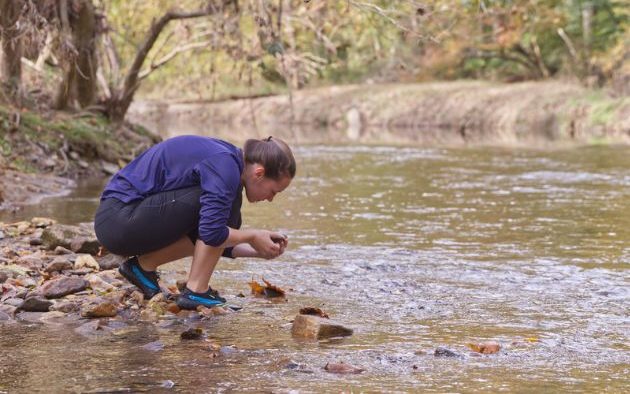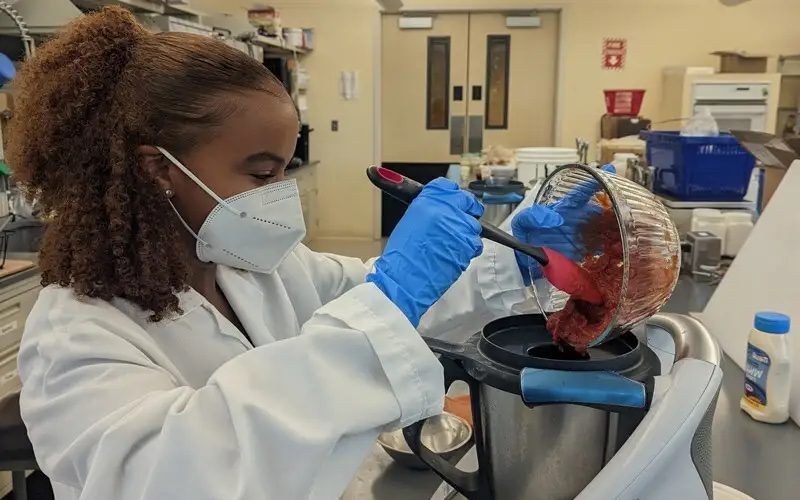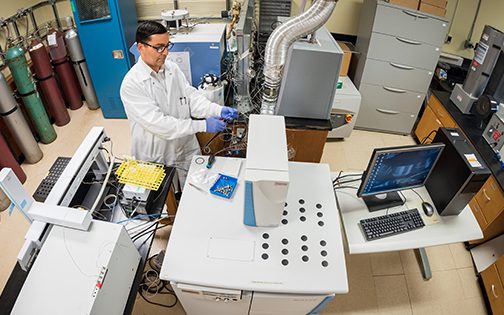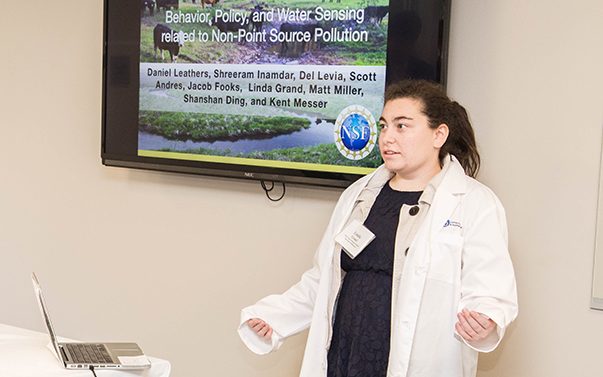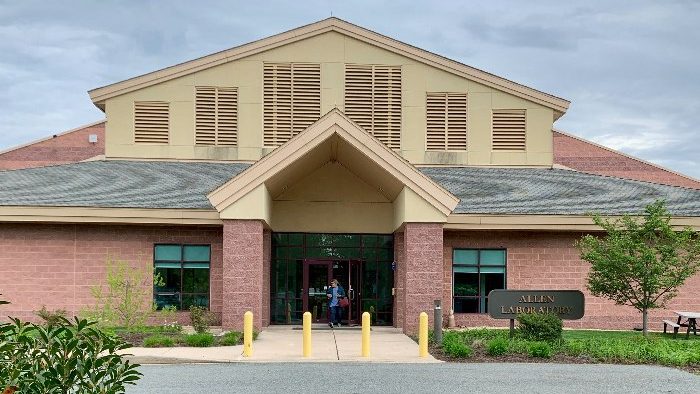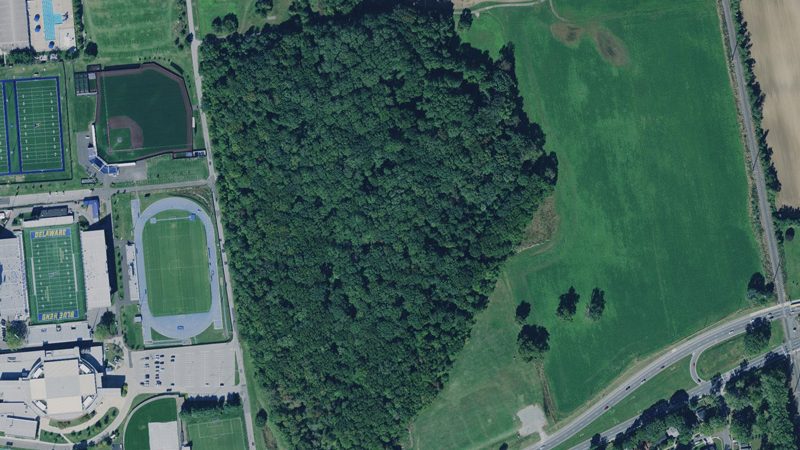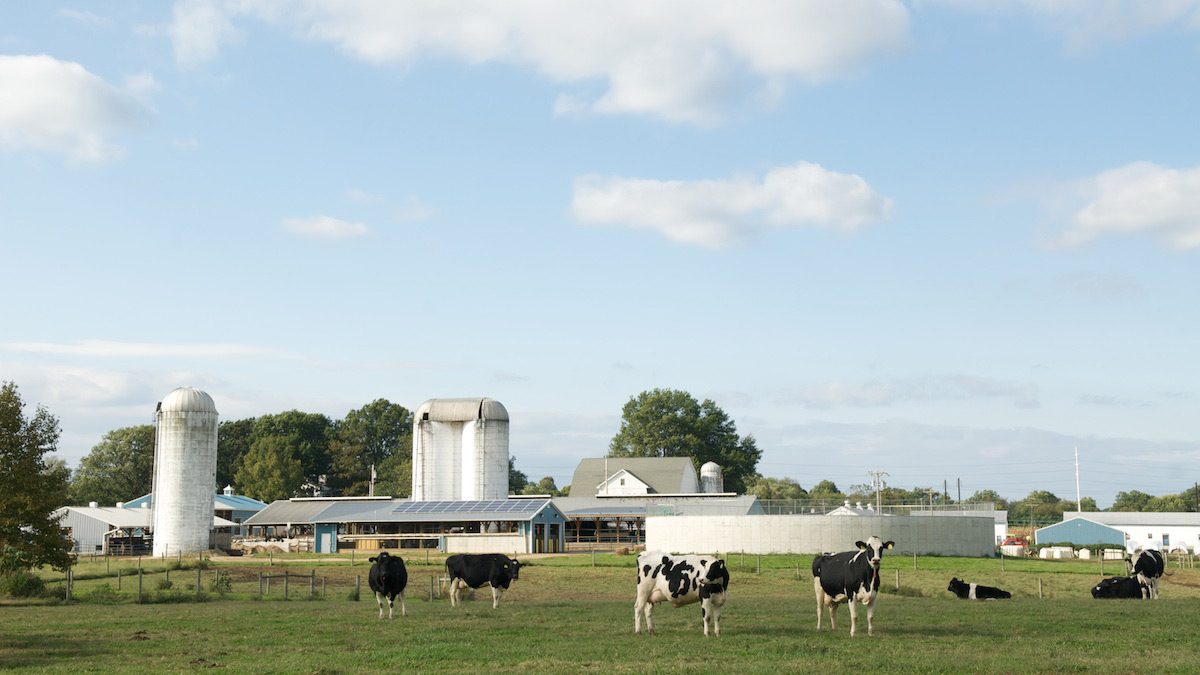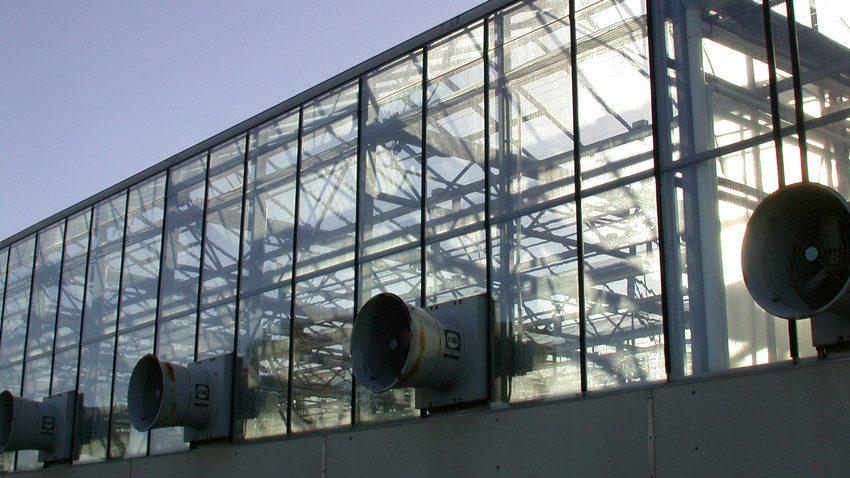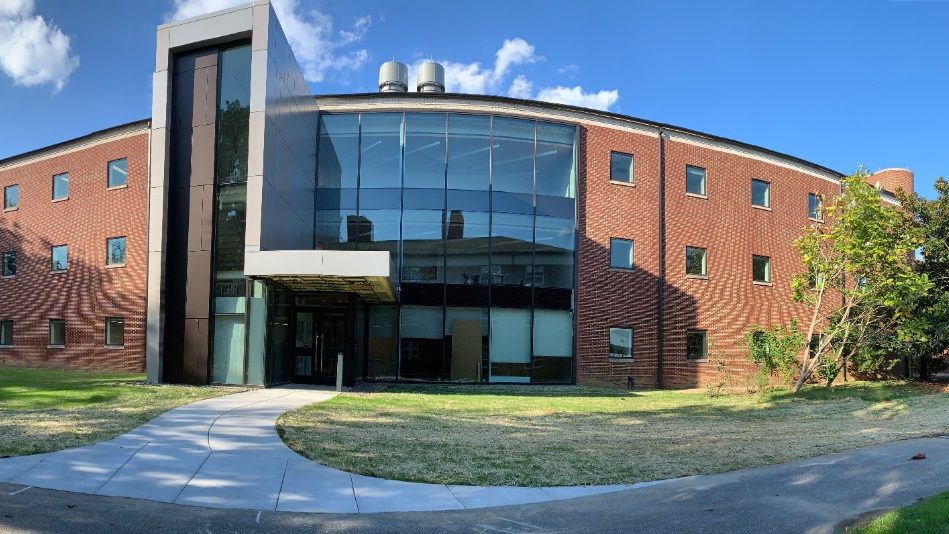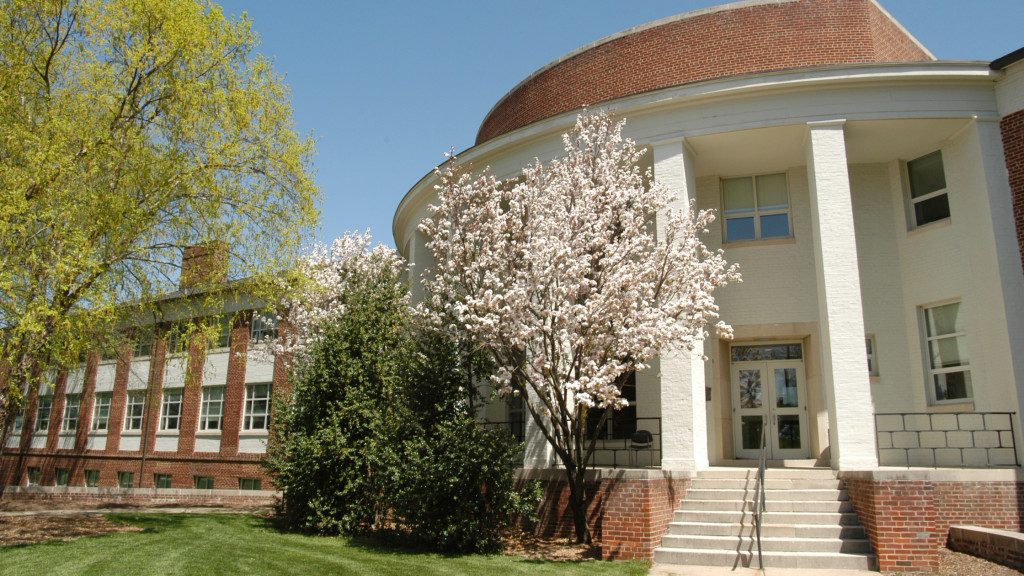
Graduate Student Programs
Welcome
The University of Delaware offers over 50 doctoral and over 130 master’s degree programs. In Agriculture and Natural Resources, our unique setting offers access to laboratories using cutting edge technologies as well as the college’s 350-acre agro-ecosystem.
Our graduate programs are characterized by the recruitment of high-quality students from major U.S. and international universities, highly competitive graduate stipends, travel opportunities for research projects and participation in professional meetings worldwide. Our faculty conduct cutting-edge research in basic and applied disciplines and are personally committed to the success of their graduate students.
Advanced Degree Programs
Why Choose UD?
One of the top
UD is one of the top 100 institutions for federal obligations in science and engineering and interdisciplinary initiatives in energy science and policy, the environment and in human health.
Events Calendar
Graduate & Research News
-

Faculty members elected American Association for the Advancement of Science fellows
April 29, 2024 | Written by Tracey BryantTwo University of Delaware professors, Rodrigo Vargas and Deborah Allen, have been elected fellows of the American Association for the Advancement of Science (AAAS) — one of the largest scientific societies in the world and publisher of the Science family of journals. The 2023 class includes 502 scientists, engineers and innovators across 24 disciplines, who are being honored for their scientifically and socially distinguished achievements. -
Decoding rice roots
April 26, 2024 | Written by Nya WynnFrank Linam, a plant and soil sciences doctoral student at the University of Delaware, is studying how the wet soil conditions in flooded rice paddies affect the way the roots take in nutrients and filter out toxins. Linam found that the plaque successfully holds onto the arsenic in various environments and soil types so that it doesn’t make it into the roots. -
Kali Kniel leads the charge in safe food practices globally
April 18, 2024 | Written by Nya WynnUniversity of Delaware faculty member Kali Kniel traveled to Geneva, Switzerland to participate in an expert committee meeting on viruses and food safety with other experts. Joint Food and Agriculture Organization/World Health Organization Expert Meetings on Microbiological Risk Assessment (JEMRA) committees are convened to review the state of science on particular topics and in turn provide information that is useful to global guidance, in this case to improve the control of viruses in food. The group ranked the most prevalent viruses transmitted through food and recommended how countries across the world could help combat outbreaks.

.jpg/_jcr_content/renditions/original)


